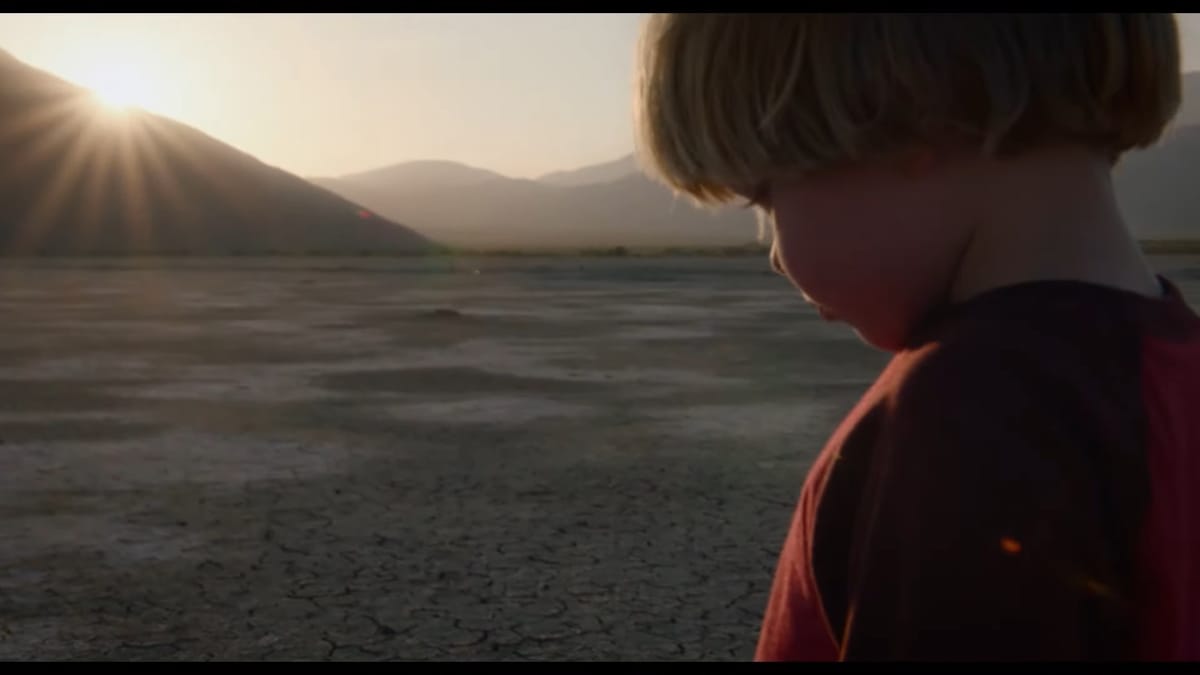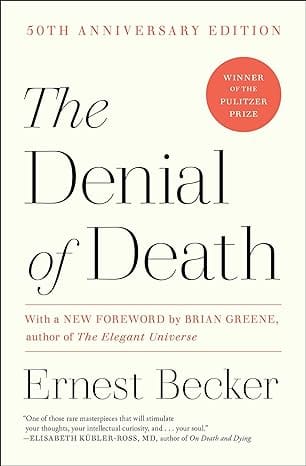Unveiling Reality: A Cinematic Journey Beyond 'The Denial of Death'
Dive into a compelling exploration of Ernest Becker's Pulitzer Prize-winning masterpiece, "The Denial of Death," through a cinematic lens. Discover how our cultural and virtual realities shape our existence and how acknowledging our mortality can reveal the profound beauty of life.

"All Illusions Must Be Broken" stands as a cinematic tribute to the groundbreaking work of Ernest Becker, the American cultural anthropologist whose profound insights in "The Denial of Death" earned him the Pulitzer Prize for Non-Fiction in 1974. This film invites us on a journey that transcends the boundaries of traditional documentary storytelling, weaving together a rich tapestry of psychoanalytic thought, personal reflection, and the urgent call to embrace the fragile beauty of our existence.

THE DENIAL OF DEATH by Ernest Becker
Winner of the Pulitzer Prize, The Denial of Death explores how people and cultures around the world have reacted to the concept of death from celebrated cultural anthropologist Ernest Becker.
Ernest Becker's exploration into the human condition delves deep into our psyche, revealing how our inherent fear of mortality shapes our behaviors, beliefs, and the civilizations we build. At the heart of Becker's theory is the concept of "terror management," which posits that much of our life's pursuits are unconscious efforts to mitigate the dread of our inevitable end. Through religions, political ideologies, and creative endeavors, we seek to cement our legacy, aspiring for a sense of immortality to deny our finite nature.
The film, "All Illusions Must Be Broken," brings Becker's theoretical framework to life by examining the modern-day implications of distancing ourselves from the natural world in favor of cultural and virtual substitutes. This shift, particularly evident in the developmental years of children, cultivates a propensity towards self-deception—a theme Becker critically addresses.
Structured as part film essay, part vérité exploration, the narrative skillfully integrates Becker's profound observations with contemporary interviews and the poignant journey of a boy from birth through age 13. These elements collectively highlight the transformative impact of digital screens and the redefinition of reality they entail.
By revisiting "The Denial of Death," the film not only honors Becker's legacy but also serves as a clarion call for introspection. It challenges us to confront our fears, recognize the illusions we've constructed, and appreciate the inherent beauty and meaning in our transient lives. Find a showing here: https://twobirdsfilm.com/films/allillusionsmustbebroken





